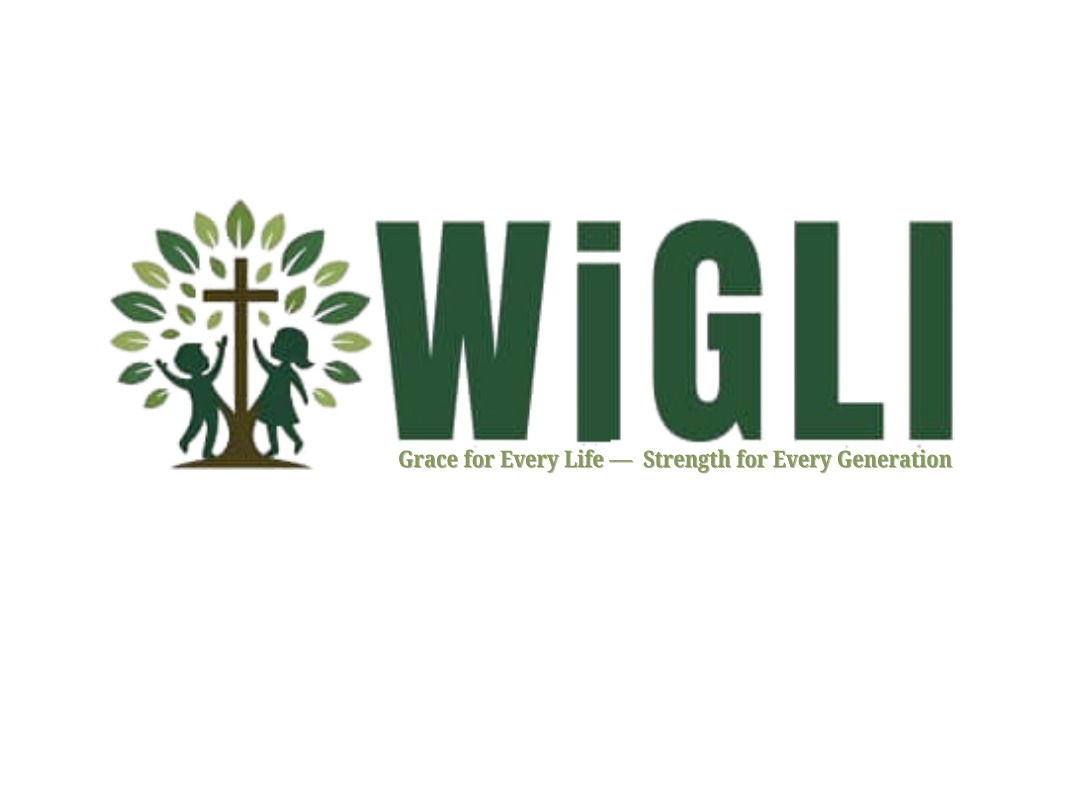Nutrition & Feeding Programs
B. Nutrition & Feeding Programs
Good nutrition is the foundation of a child's growth, learning, and resilience. At WiGLI, we take a holistic, nutrition-sensitive approach to ensure that children, mothers, and families have access to nutritious food, knowledge, and resources that promote lifelong health.
Our interventions address both the immediate causes of malnutrition—such as poor dietary intake and illness—and the underlying causes, including food insecurity, inadequate care practices, and poor hygiene.
We combine preventive, curative, and capacity-building strategies to promote optimal nutrition from pregnancy through adolescence, with special attention to the first 1,000 days of life (conception to age two), when good nutrition has the greatest impact.
Key Components
- Management of acute and moderate malnutrition
- School feeding programs and micronutrient supplementation
- Breastfeeding support and maternal nutrition education
- Promotion of healthy diets, hygiene, and environmental practices
- Establishment of kitchen gardens in schools and communities
Key Service Areas
Management of Acute and Moderate Malnutrition
We identify and treat malnutrition early through community-based screening and therapeutic care.
Service Details:
- Community-Based Management of Acute Malnutrition (CMAM): Screening children under five for wasting using MUAC, weight-for-height, and edema checks.
- Treatment for Severe Acute Malnutrition (SAM): Referral to outpatient therapeutic programs (OTP) or inpatient stabilization centers for medical care and provision of ready-to-use therapeutic food (RUTF).
- Treatment for Moderate Acute Malnutrition (MAM): Supplementary feeding programs with fortified blended foods, counseling on feeding practices, and follow-up monitoring.
- Integrated Care: Linking malnutrition management with immunization, deworming, vitamin A supplementation, and treatment for common illnesses to address multiple health needs simultaneously.
Expected Impact:
- Reduced mortality and morbidity associated with malnutrition.
- Faster recovery rates and improved growth in children.
- Increased caregiver awareness of malnutrition signs and prevention strategies.
School Feeding Programs and Micronutrient Supplementation
We support children's learning and health through nutritious school meals and targeted supplementation.
Service Details:
- Daily School Meals: Providing balanced, locally sourced meals to improve attendance, concentration, and learning outcomes.
- Micronutrient Supplementation: Vitamin A, iron, folic acid, and other supplements to prevent deficiencies that impair growth, immunity, and cognitive function.
- Partnerships with Schools and PTAs: Engaging parents and school committees in meal preparation, menu planning, and food safety practices to ensure sustainability.
Expected Impact:
- Improved school attendance and academic performance.
- Reduced rates of micronutrient deficiencies and related illnesses.
- Strengthened school-community collaboration for child wellbeing.
Breastfeeding Support and Maternal Nutrition Education
We promote optimal infant feeding practices and ensure mothers are equipped with the knowledge and resources to maintain their own health during pregnancy and lactation.
Service Details:
- Breastfeeding Promotion: Counseling on early initiation, exclusive breastfeeding for the first six months, and continued breastfeeding with complementary feeding up to two years and beyond.
- Maternal Nutrition Education: Guidance on balanced diets, micronutrient-rich foods, and safe food preparation for pregnant and breastfeeding women.
- Mother Support Groups: Peer-led sessions for sharing experiences, overcoming challenges, and encouraging mutual support.
Expected Impact:
- Increased exclusive breastfeeding rates.
- Improved maternal health and birth outcomes.
- Reduced rates of stunting and wasting in young children.
Promotion of Healthy Diets, Hygiene, and Environmental Practices
We link nutrition with hygiene and environmental health to break the cycle of infection and malnutrition.
Service Details:
- Healthy Diet Education: Practical cooking demonstrations using local foods to create balanced, affordable meals.
- Hygiene Promotion: Training on safe water handling, handwashing, food storage, and sanitation to prevent food- and water-borne illnesses.
- Climate-Smart Nutrition Practices: Encouraging the cultivation of drought-resistant crops and water-efficient gardening techniques to ensure year-round food availability.
Expected Impact:
- Increased consumption of diverse, nutrient-rich foods.
- Reduced diarrheal diseases and related malnutrition.
- Greater household resilience to food insecurity and environmental shocks.
Establishment of Kitchen Gardens in Schools and Communities
We integrate small-scale food production into our nutrition strategy to improve dietary diversity and food security.
Service Details:
- School Gardens: Engaging students and teachers in growing vegetables, fruits, and herbs that supplement school meals and teach agricultural skills.
- Community and Household Gardens: Providing seeds, tools, and training to families to grow nutrient-rich crops year-round.
- Sustainable Practices: Promoting organic composting, integrated pest management, and water-saving irrigation methods.
Expected Impact:
- Increased access to fresh, nutritious produce at household and school levels.
- Greater self-reliance in meeting nutrition needs.
- Enhanced agricultural knowledge among children and adults.
Overall Outcomes We Aim to Achieve
- Reduced malnutrition prevalence among children under five and school-age children.
- Improved maternal nutrition and birth outcomes.
- Increased household capacity to produce and consume diverse, nutritious foods.
- Stronger integration of nutrition into health, education, and environmental programs for lasting impact.
